In this installment of her Eat Ireland column, Deputy Editor Jocelyn Doyle finds a new favourite at the Burren Slow Food Festival.
I’m at the 11th annual Burren Slow Food Festival in Lisdoonvarna, where this year’s themes are Irish raw milk cheeses and gins. Sadly, I don’t like gin, which — in these days of rapidly evolving food fashion — is practically heresy. I’m lucky my long love affair with whiskey prevents me from being written off as tragically untrendy. I make one half-hearted attempt to educate my taste buds with a sip of Gunpowder Gin (which, to be fair, is unexpectedly pleasant) and then drift inevitably towards the cheese.
In general, Irish farmhouse cheeses are of the highest quality, renowned amongst dairy lovers the world over; our rainy climate might be the bane of the work commute, but it does produce excellent dairy. Raw milk cheese is particularly special, simply because it retains more of the milk’s natural qualities, often muted or destroyed during the process of pasteurisation. The concept of terroir — the idea that the landscape, climate and soil play crucial roles in the development of flavour, often restricted to the wine industry — is very much at play here; raw milk cheeses offer complex flavours tied directly to their birthplaces.
Raw milk cheese is a hotly debated subject the world over. Detractors argue that unpasteurised milk products are fundamentally unsafe to eat, but — in Ireland, at any rate — raw milk dairies are required to be scrupulously clean at all times and are frequently inspected. The controls and hygiene standards put in place are so rigid that the final product is extremely unlikely to make anyone ill. Where it’s possible to be more relaxed about milk that is destined to be pasteurised — assuredly killing off any nasties — raw milk farmers and cheese makers must ensure completely sterile conditions from udder to dairy. As Siobhán Ní Ghairbhith of St. Tola puts it bluntly during one of Saturday’s talks, “None of us is in the business of poisoning people. We just want to make good food and share it.” While unpasteurised dairy should be avoided by pregnant women, small children, the elderly and anyone else with a compromised immune system, it is perfectly safe for the rest of us.
Wandering hungrily around the Festival market, I recognise some of my old favourites, including the excellent Cratloe Hills (made from pasteurised sheep’s milk); Corleggy, a range of weird, rugged, delicious little wonders made from raw cow’s, sheep’s and goat’s milk; and the aforementioned St. Tola, full of character and possibly my favourite goat’s milk cheese of all time. Suddenly, my greedy little eyes fall on a cheese I haven’t tasted, a rare occurrence for a fanatical cheese lover in Ireland’s relatively small farmhouse industry. I make my way over and introduce myself to James Gannon, who started making Cloonconra with his daughter Grace in 2015. Described as “a fresh, lactic curd cheese,” it has a semi-firm, rich texture and lovely citrus notes, with clean flavours of fresh milk and cream breaking through a pleasantly salty first impression.
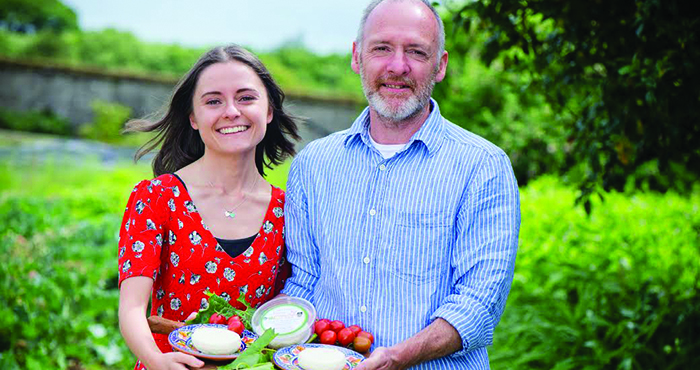
James and Grace Gannon. Photo by Joleen Cronin
There are a number of things that make Cloonconra special. It’s made from the milk of Irish Moiled cows, an ancient breed that became less popular as farmers turned to larger, high-production breeds such as Friesians. These days, there are only 120 “Moileys” in the country, and Cloonconra is the only farm where they’re still milked. Their name is derived from Irish and refers to the distinctive mound on top of their heads. James feels strongly that, by buying Cloonconra, you’re helping to conserve an endangered part of our heritage; as he says with passion, the breed is “as much a part of our culture as music or dance.”
Of equal importance is the land the cows graze on: organic pastures in Co. Roscommon, farmed by the same family for over 200 years. The herd is on pasture as much as possible, and cheese production is stopped during the winter when they’re moved indoors for a short time. The “species-rich grassland,” as James calls it, has been designated a Special Area of Conservation due to its unique combination of acidic soils and alkaline peat, and this diversity has an impact on the complex flavours found in the cheese. Sustainability is key, and is found in every stage of production from the organic soil and rare breed cattle through to the compostable packaging.
Not only am I elated to have discovered a new cheese, but Cloonconra’s fresh flavours are ideal for this time of year. I immediately start to run through recipe ideas in my head: an Irish summer salad, the cheese stacked with ripe Wexford tomatoes and griddled courgettes, drizzled with cold-pressed rapeseed oil; or perhaps spread on toasted soda bread and topped with sea salt, black pepper and local honey for a decadent, yet healthy, breakfast. First though, I feel the need to pair it with lemony smashed peas and toasted sourdough for a simple lunch that screams of summer; as a serving suggestion, I highly recommend a long afternoon in the sun and a glass of chilled white wine.
www.cloonconracheese.com
- summer events
- small business
- gut health
- OATLY
- healthy
- Crudo
- top tips
- All Together Now
- fridge cake
- Events Waterford
- me auld flower
- Events Ireland
- food festival
- news
- dublin
- events Dublin
- dublin festival
- Home-Cooking
- food and drink festival
- online cooking course
- festival line-up
- cooking
- Summer festival
- eco-friendly
- Events
- cosy
- Festivals Ireland
- wine
- Body & Soul
- grapes
- music festival
- south africa
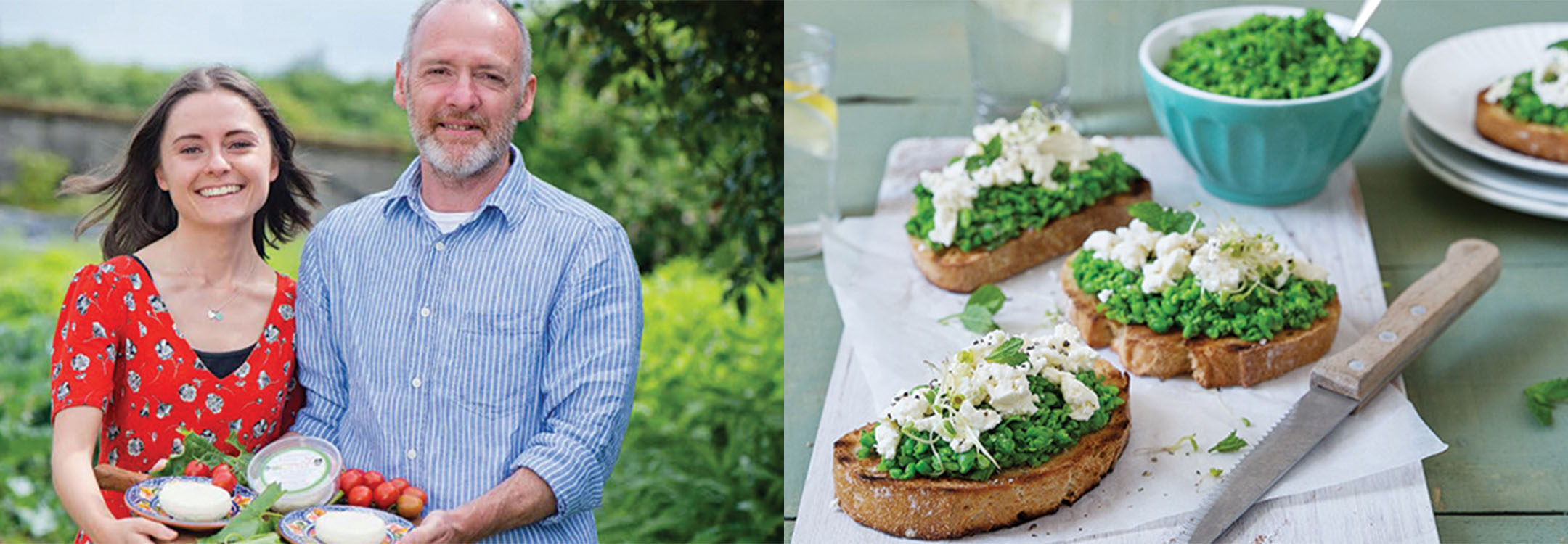
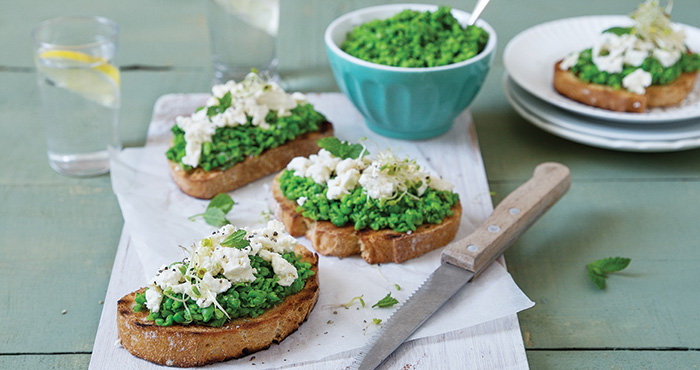
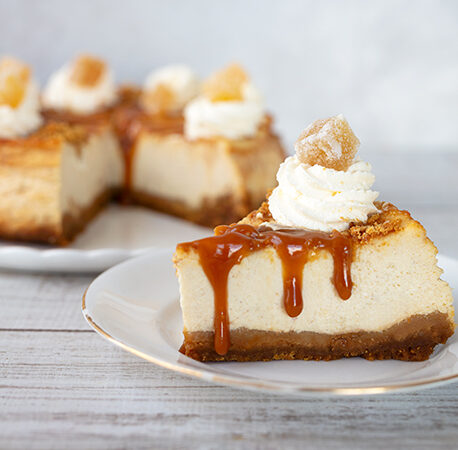
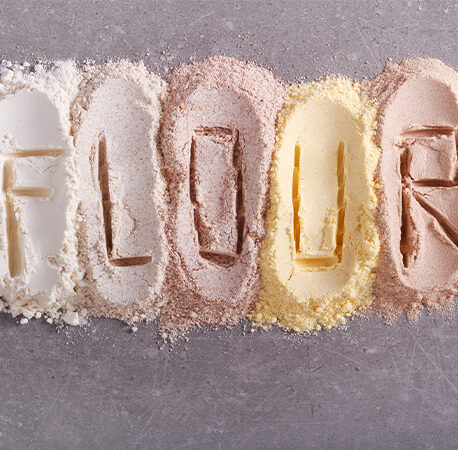
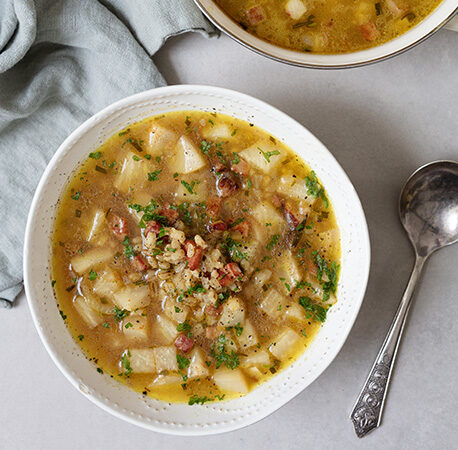
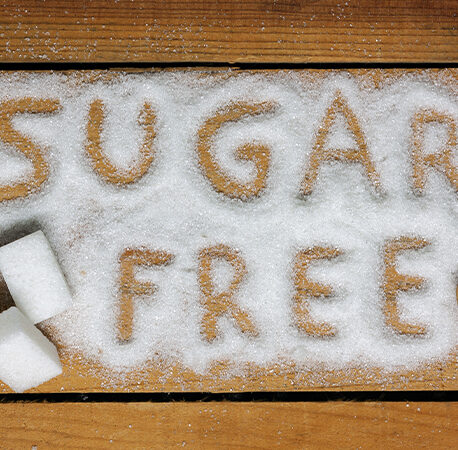
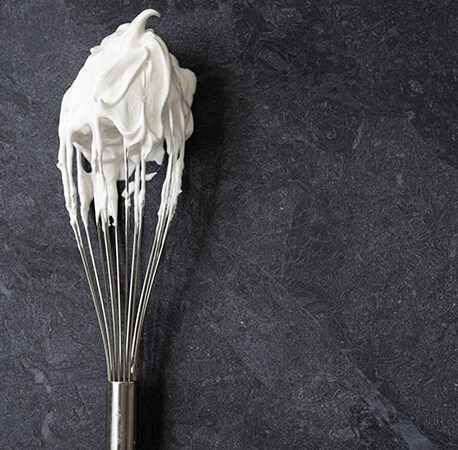
You have to be signed in to comment this post.